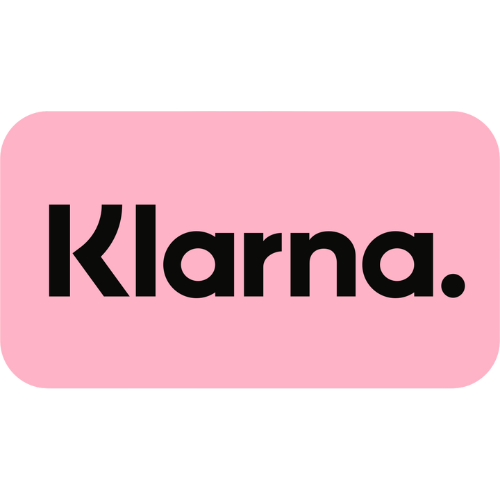Allergies and Special Diets in Dogs
A Healthy Skin Starts With the Right Nutrition
The skin is the largest organ in your dog’s body. It protects against external threats, regulates temperature, supports metabolism and immunity, and transmits sensory information.
Skin and coat health relies heavily on balanced nutrition. The skin constantly regenerates and consumes a large share of nutrients from food. If the dog’s diet is unbalanced or poor in quality, it can affect the skin’s function and weaken its natural barrier.

Allergies in Dogs – More Than Just an Itch
One of the most common topics dog owners ask about during vet visits is canine skin allergies.
Allergies are caused by an immune system dysfunction, where the body overreacts to normally harmless substances. Atopy is a type of allergy triggered by environmental allergens (e.g. pollen, dust mites, mold) and typically spread through the air.
Skin Symptoms Are the Most Common Sign of Dog Allergies
Dogs usually show allergy symptoms through their skin:
-
Persistent itching
-
Dandruff or flaking
-
Hair thinning or bald patches
-
Recurring skin infections (yeast or bacteria)
Most cases are atopic dermatitis. Only a small percentage are true food allergies — though dogs with food allergies often have atopy as well.
Digestive Problems Are Rare in Allergies
Unlike common belief, allergies don’t usually cause digestive issues. If your dog has vomiting, diarrhea, or acid reflux, the cause is more likely to be food intolerance, poor-quality ingredients, or processing-related reactions — not an immune allergy.
Food Allergies Are Diagnosed Using an Elimination Diet
If your dog’s skin issues persist year-round (not seasonally), food allergy may be the cause.
A vet may recommend an elimination diet for 8–12 weeks. During this period, your dog is fed ingredients it has never eaten before — usually one protein and one carbohydrate source. If symptoms improve, a food allergy is likely.
Then, previous foods are reintroduced. If symptoms return, an allergy is confirmed. The dog is put back on the elimination diet, and new ingredients are added one by one until a safe long-term diet is identified.
How to Manage Allergic Dogs – Special Foods and Treatment
The most important step is to identify and avoid allergens. Special veterinary diets contain hydrolyzed or novel proteins that do not trigger allergic reactions.
In many cases, these hypoallergenic foods are recommended for long-term use to prevent flare-ups.
To manage symptoms, additional treatment may include:
-
Oral or injectable allergy medications
-
Topical cleaning of inflamed skin
-
Fatty acid supplements, prebiotics, probiotics
-
Routine bathing with skin-friendly products
👉 Antibiotics are rarely needed for allergy-related skin conditions.









